What if you could recover faster?
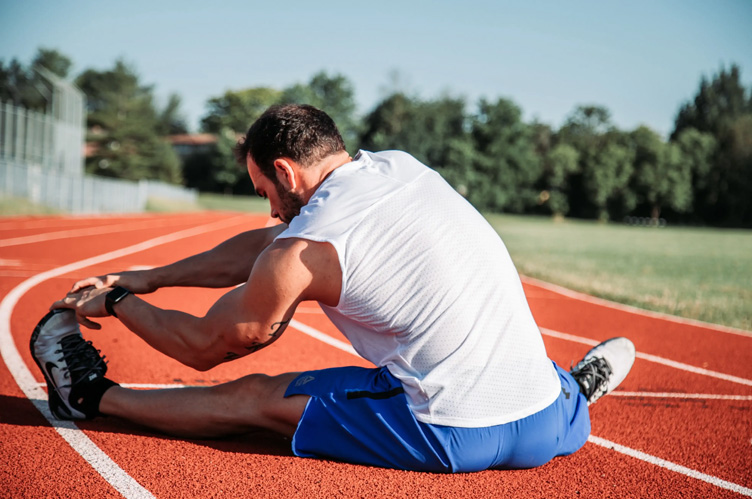
Dr. Dave’s Do-Do rule says, “It’s not how much training you DO, rather, it’s how well you recover from the training you DO DO. Because, if you get injured or sick from DOing too much, you are in deep DOO DOO.”
Joe Vigil, another one of my mentors, says, “There’s no such thing as over training, just under recovery.”
The point of both great coaches is that training really comes down to recovery. How fast can you recover from the training stress so you can be ready for the next big training session? It’s the basis of the stress/rest cycle I’m always going on and on about.
It’s the basis of the stress/rest cycle I’m always going on and on about.
So, the question is, “How much better would your training be if you could accelerate your recovery?” Use the strategies below and let’s find out.
Easy Strategies for Accelerating Recovery
There are many, many recovery strategies but here are a few that are easy for every runner to implement immediately:
#1) Modulate Your Training Load

Obeying the stress/rest cycle is a core principle in training. So, if you want to accelerate your recovery, make sure that after a big stressor like a long run, hard workout or race, you lower the stress in upcoming runs so you are never over trained. The easiest way to accomplish this is through modulation of your training load.
In simple terms, it means that the day (or two) after a hard/long workout or race you lower the training load by running slower (aka easier) and/or shorter (less duration/distance). This probably makes sense but as you get really, really fit (usually in the last 4-8 weeks before your big race), it can become easy to run too fast on recovery days. The fitness is there. You feel great and are getting into a “racers” mindset so it’s very, very important that you purposely reduce your training load by running slower on your recovery days (and shorter if you are extra tired).
This strategy keeps the body happy (fewer injuries from running too fast on tired legs) and sets you up so you have really high-quality workouts in the coming days (which not only builds more race-specific fitness but also boosts your confidence and motivation for your race). That’s a win-win.
#2) Ramp Up Rest

The greatest recovery tool you own is your bed. Sleep is an endangered species in modern society but as a runner, you must focus on getting good rest. A regular bedtime as well as a good pre-sleep routine can really help you get more and better sleep. I encourage you to set a time to go to bed every night and religiously stick with it, especially in the last 8-10 weeks before your big race.
Research shows that a sound bedtime routine includes turning off your devices, shutting out the light, having a comfy linen set, cooling down the room, reducing caffeine in the hours before and quieting your mind as you slowly wind down from the day. Just as you probably have a warm-up routine before your big workouts, create an evening “pre-sleep” routine that you follow each night. You’ll be amazed at how much better your sleep is.
But it doesn’t end there, any resting you do is helpful. I remember a documentary on the great Seb Coe. He mentioned that in his serious training period, he wouldn’t even go to the shops as it was time on his feet that would interfere with his recovery. It was all about resting up for the next big training session
So, I encourage you to not only think about your sleep but also just about resting. Take time to nap, lay down or simply sit down and rest. Close your eyes. Relax and rest. If you’re feeling a little bit bored from the resting, then you are doing it right! Force yourself to spend more time relaxing. Your workouts will improve.
#3) Nutrition/Hydration with Occasional Slump-Buster Meals

Every runner knows that nutrition is fuel. It provides energy, rebuilds the body’s tissues that are damaged from training and even builds new you (mitochondria, capillaries, enzymes, etc.) that boosts fitness. So, it goes without saying that you can use nutrition to enhance recovery.
I’ve written for many years about Dr. Edmund Burke’s post-workout routine that is detailed in my article the Runner’s Ultimate Nutritional Recovery Routine (RUNRR). Commit to have a shake or smoothie (carbohydrate plus protein) in the 30 minutes after each hard or long workout and you’ll ramp up your recovery.
But it doesn’t end there. In addition to good daily nutrition and the RUNRR after hard/long runs, the occasional “slump-buster” meal can help you recover as well. At the first Olympic Development Team I coached, I used this strategy every two to four weeks to accelerate the athletes’ recovery.
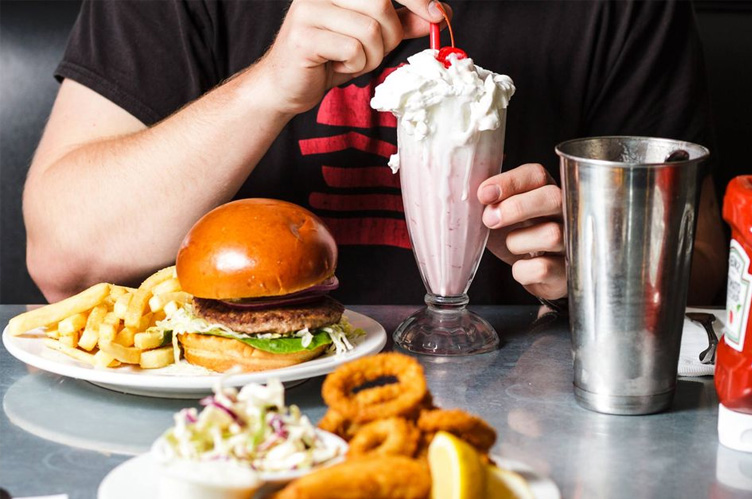
Whenever I noticed that the athletes were extra tired, moody and/or feeling more fatigue than expected, we’d load up the van and drive to the burger joint. They’d load up on burgers, fries, shakes, beer, whatever they wanted. It was a big comfort food meal (calorically dense and tasty) plus I think the comradery and fun dinner out added to the recovery enhancement.
This slump-buster meal always picked them up. It seemed to reset the body/mind and their training immediately improved. Did we do it every day? Of course not. We stuck with sound nutrition most of the time but over the years, I’ve found that when an athlete gets run down and moody, a slump-buster meal works like magic. And it can be whatever makes you feel good. It’s usually some type for comfort food that delivers a lot of calories but also soothes the mind as well. What would yours be?
#4) Funny Shows and a News Fast

For far too long, we’ve underestimated the importance of the mind/brain on recovery. But neuroscience is pretty clear that you can manipulate your brain and that can help it recover faster. Mediation works well (and fits in with getting more rest above) but an outstanding strategy is to watch funny shows.
Anything that makes you smile and laugh can have a profound effect on your recovery. Make a list of go-to shows and movies that make you laugh out loud. After hard/long workouts or when you are feeling extra tired, watch one (or two!).
And because the brain responds to what it sees, taking a “news fast” during your recovery period (the 24-48 hours after a hard/long workout) is an excellent strategy as well. I learned of this from Dr. Andrew Weil and have used it very successfully with my own training and my athletes.
The news (TV, print, online) is mostly negative and that negativity is a drain on the mind/body. So, skip it. Trust me. You won’t miss anything, and your body/mind will feel more refreshed and excited about the upcoming training.
#5) Ice baths

There is a reason that athletic training rooms have dedicated spaces for ice baths. They work. And, not just for the body. They can help your mind recover as well.
Add ice baths to the 24-48 hour period after your hard workouts and your legs will feel fresher. This is especially important as the race nears. You want to do everything you can to feel better and have higher quality workouts and a 10-20 minute ice bath, performed after every key workout in your race-specific training period, ramps up your recovery.
#6) Mobility
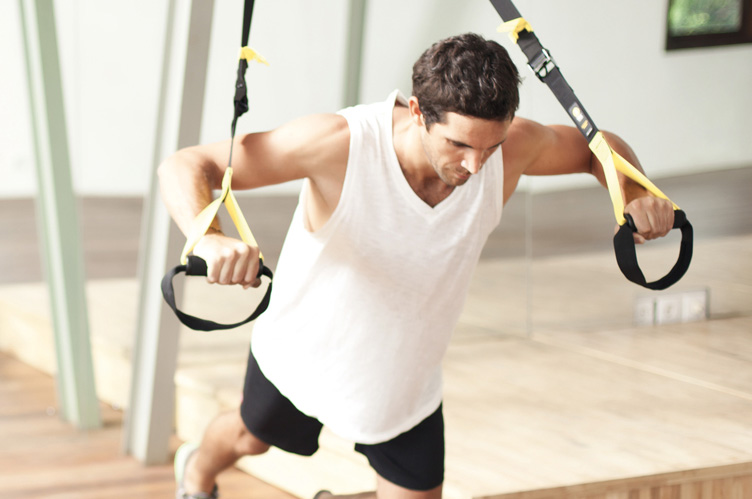
The idea of mobility (aka stretching, flexibility) has evolved over time and we now know that active isolated mobility (aka Wharton rope stretching) as well as runner-friendly yoga positions, can play a huge role in recovery.
And it’s not just about the muscles. Active isolated mobility helps the nervous system calm down and since a hyperactive nervous system can keep the muscles in slight contraction, a calm nervous system allows the muscles to relax.
Additionally, the focus on breathing and relaxation in yoga helps the mind/body loosen up and recover as well. That’s why our Yoga Recovery Routine for Runners has been so popular. Athletes who do it in the evenings after their big workouts, report that they sleep better and feel better on the next day’s run. Add these to your usual foam rolling, self (or professional massage) and your other recovery methods and you’ll see a big jump in your readiness for training.
Essential in Your Race-Specific Phase
That is six, very simple and very easy ways to accelerate your recovery. While you many not worry so much about recovery in your base or preparatory phase, I encourage you to ramp up your focus on recovery during your race-specific phase (the last 8-10 weeks before your race).
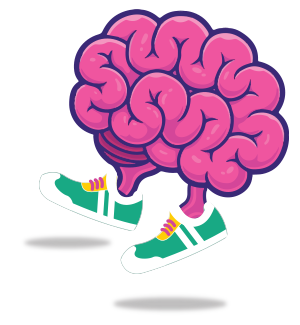
There are three very important reasons.
First, (and I’ve mentioned this a few times), you want to have really high-quality workouts during your race-specific phase. This builds greater fitness. Low-quality workouts due to under recovery misses key opportunities to build that race fitness you want/need (and they can be a blow to your confidence).
Second, runners often get hurt during their race-specific phase. It makes sense, right? You are fitter so you are doing harder and often longer workouts than before. So, the musculoskeletal system is really taking a beating. And as I mentioned, it’s also easy to run faster on easy days because your fitness has improved. This is a double whammy for the body. You push it harder in the key workouts and then push it harder in the easy workouts. It’s a recipe for injury but with a focus on recovery, you can avoid this common training
Lastly, your best races require a high level of motivation and confidence. These two key ingredients often come from excellent race-specific workouts. So again, if you can recover faster and better, you can perform better in your key workouts. And if you can run better in those workouts, your confidence grows and your motivation soars. A fit and motivated athlete has a very, very high chance of meeting the goal.
Final Thoughts
آیا استراتژیهای ریکاوری بیشتری هم وجود دارد؟ البته!
اما نکته این مقاله این است که بدون هیچ گونه تجهیزات خاص، مکملهای الکی یا هزینه، میتوانید ریکاوری خود را تسریع کنید و سطح تمرین خود را بالا ببرید. این استراتژیها را امتحان کنید.
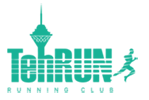



خوب و درجه یک بود، اگر ترجمه هم کمی دلنشین تر بود، بنظرم بینظیر میشد.
ممنون از حسن نظر و پیشنهادتون 🙂